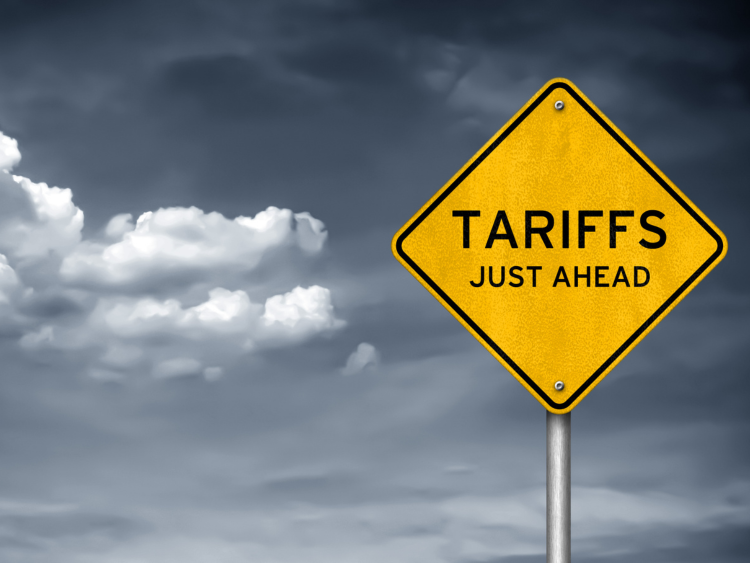Government/Policy

March 5, 2025
Trump vows tariffs and reciprocal levies in speech to Congress
Written by Stephanie Ritenbaugh
In his address to Congress on Tuesday, President Trump praised the 25% universal tariffs that had been put in place against Canada and Mexico earlier that day.
With next week’s reinstatement of the 25% Section 232 tariffs on steel and aluminum, Canadian steel could soon face a 50% levy on its shipments to the US.
However, there is still plenty of uncertainty surrounding Trump’s tariff plans. Just one day after the tariffs were enacted, Commerce Secretary Howard Lutnick walked back the president’s move, telling Bloomberg that some sectors could see some relief.
Still, Trump railed against what he called the unfairness of the current system in his Tuesday night speech.
“If you don’t make your product in America, however, under the Trump administration, you will pay a tariff,” Trump said. “And in some cases, a rather large one. Other countries have used tariffs against us for decades. And now, it’s our turn to start using them against those other countries. On average, the European Union, China, Brazil, India, Mexico and Canada – have you heard of them – and countless other nations charge us tremendously higher tariffs than we charge them. It’s very unfair.
“This is happening by friend and foe. This system is not fair to the United States and never was,” Trump continued.
While Trump insists that foreign countries will bear these additional costs, US businesses and consumers eat most of the cost.
April 2 is when reciprocal tariffs are expected to kick in.
“Whatever they tariff us, other countries, we will tariff them,” Trump said. “That’s reciprocal back and forth. Whatever they tax us, we will tax them. If they do non-monetary tariffs to keep us out of their market, then we will do non-monetary barriers to keep them out of our market.”
Yesterday, Canadian Prime Minister Justin Trudeau said Canada would not back down from this trade war, immediately imposing retaliatory tariffs on US goods.
The Canadian steel industry denounced the 25% universal tariff as “completely unwarranted.” That rate is comparable to the worst actors in the global steel trade, not a friendly trading partner, said Catherine Cobden, president and CEO of the Canadian Steel Producers Association.
Trump specifically called out the 25% import tax on foreign steel, aluminum, copper, and lumber during his speech.
“If we don’t have, as an example, steel, and lots of other things, we don’t have a military, and frankly, we just won’t have a country very long,” Trump said.
“There’ll be a little disturbance, but we’re OK with that.”







